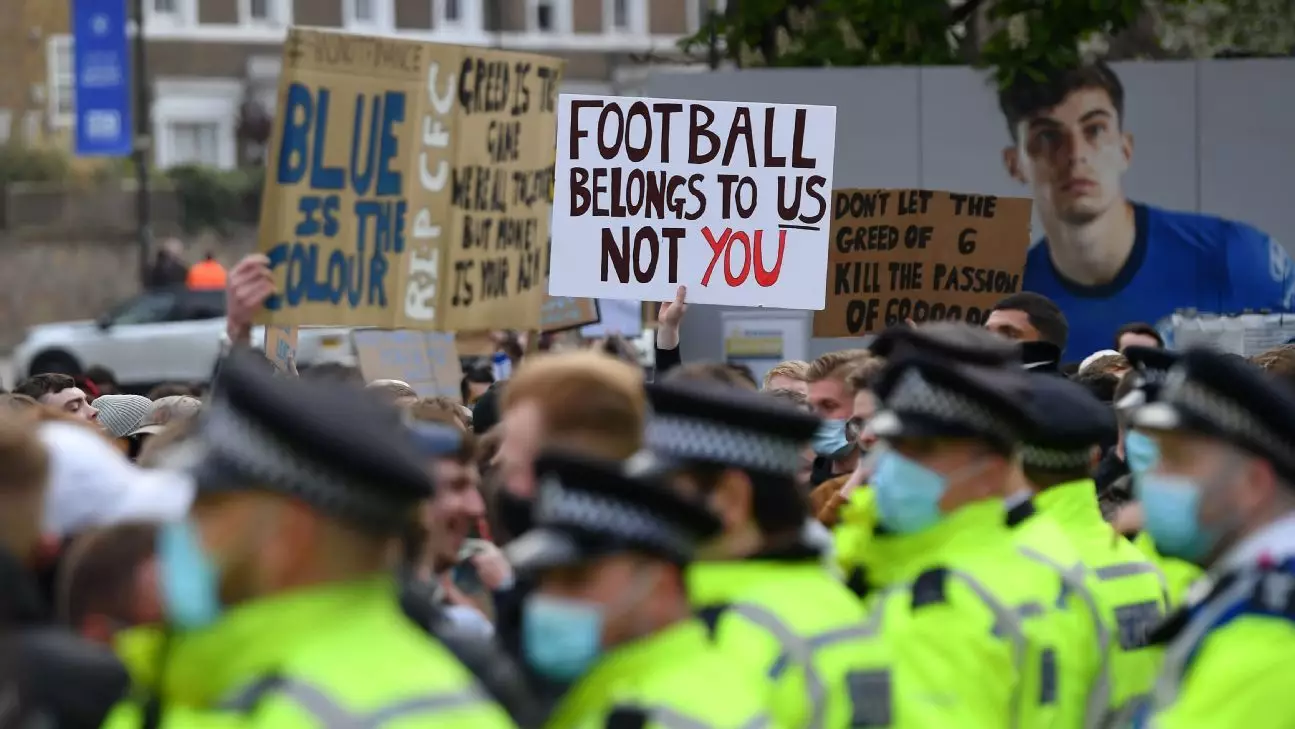A recent ruling by Spanish judge Sofía Gil García has sent shockwaves through the world of football. The judge ordered FIFA and UEFA to cease their opposition to the European Super League (ESL), citing anticompetitive behavior and an abuse of their dominant positions. In her decision, Gil García highlighted that the governing bodies were in violation of European Union law by preventing clubs from participating in the proposed ESL. This ruling has significant implications for the future of professional soccer in Europe.
Following the ruling, A22 Sports Management, the company behind the ESL, celebrated the decision as a victory for competition and innovation in European club football. A22 CEO Bernd Reichart emphasized that the era of monopoly in football is over and expressed hope for a more competitive and sustainable football landscape. However, both La Liga and UEFA have downplayed the significance of the ruling, stating that it does not explicitly endorse the creation of the Super League or any similar future projects.
The ruling against UEFA and FIFA raises questions about the extent of their authority and control over European football. The judge’s decision signals a potential shift in power dynamics within the footballing world and challenges the monopolistic positions held by the governing bodies. The ruling may open the door for more independent initiatives and competitions in the future, potentially disrupting the traditional hierarchy of European football.
The proposal for the European Super League in 2021 by 12 of Europe’s top clubs sparked controversy and division among fans, players, and governing bodies. The swift collapse of the project within 48 hours highlighted the deep-rooted resistance to change and innovation in the world of football. Despite the legal battles and public outcry, the ESL’s brief existence shed light on the growing dissatisfaction with the current structure of European club football.
As the dust settles on the European Super League saga, the football world faces a period of uncertainty and introspection. The ruling by Sofía Gil García challenges the status quo and calls into question the long-standing practices of FIFA and UEFA. The future of European club football remains uncertain, but one thing is clear – change is on the horizon, and the era of monopolistic control may be coming to an end.

Leave a Reply